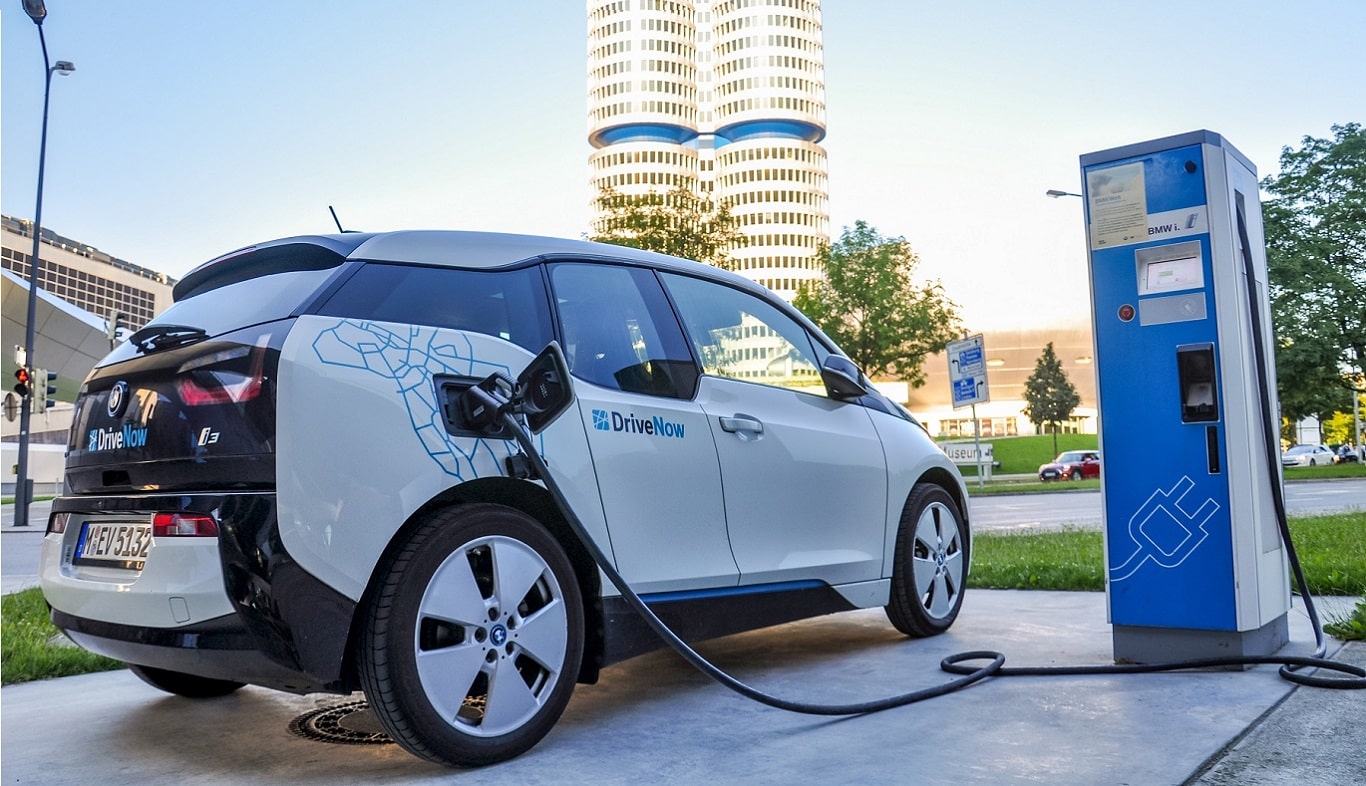
The Role of Blockchain in the Electric Vehicle Industry

Blockchain, a decentralized database, provides a record system that not only chronologically stores data transactions but also ensures their immutability through complex cryptographic signatures.
The adoption of blockchain technology has been prominent in the financial industry due to its tamper-proof and secure nature. However, according to a CompTIA report, the applications of blockchain extend to various sectors.
Early adopters have utilized blockchain for different purposes:
- 51% for digital identity management
- 49% for asset management and tracking
- 49% for regulatory compliance and auditing
- 48% for distributed storage
- 45% for smart contracts
- 44% for cryptocurrency and payments
In the electric vehicle and automotive industry, blockchain has gained attention and implementation in recent years due to its ability to provide accurate data insights.
The importance of blockchain data insights in the automotive industry includes:
- Maximizing the resale value of vehicles
- Verifying the authenticity of spare parts
- Enhancing accuracy and cost efficiency in insurance claim management
- Optimizing insurance operations
- Monitoring compliance with regulations and recommendations from business partners
- Enforcing contractual relationships
According to a Green Tech Media report, the charging infrastructure sector is gaining momentum as it aims to cater to the growing global electric vehicle (EV) market.
- The report suggests that by 2030, approximately 40 million public and private charging stations will be added worldwide.
- Furthermore, the market share of electric vehicles in new car sales is expected to increase from the current 3% to 11%.
- In North America, the installation of 12 million residential charging points and 1.2 million public charging points is anticipated, with California leading the way.
- Similar trends are expected to follow in Europe. Bloomberg New Energy Finance estimates that EVs will dominate new car sales, accounting for 55% by 2040 and comprising 33% of the global vehicle market.
Blockchain technology has the potential to play several important roles in the electric vehicle (EV) industry.
Read More: Top Blockchain Development Companies in 2023
Here are a Few Ways in Which Blockchain can Impact the Electric Vehicle Industry:
1. Supply Chain and Provenance Tracking of Electric Vehicle:
Blockchain can enhance transparency and traceability in the supply chain of Electric Vehicle components, such as batteries. By recording every transaction and movement on a blockchain, stakeholders can verify the origin, authenticity, and lifecycle of each component, reducing the risk of counterfeit or low-quality parts. This helps ensure the reliability and safety of EVs.
2. Charging Infrastructure and Energy Management:
Blockchain can facilitate peer-to-peer energy trading and decentralized charging infrastructure management. EV owners can use blockchain-based platforms to sell excess energy from their vehicle’s battery back to the grid or directly to other EV owners. This promotes efficient energy utilization and incentivizes the adoption of renewable energy sources.
3. Smart Contracts and Payments:
Blockchain-based smart contracts can automate and secure transactions between Electric Vehicle owners, charging stations, and utility providers. Smart contracts enable automated payments based on predefined conditions, such as charging duration, energy consumed, and tariff rates. This streamlines billing processes and ensures fair and transparent transactions.
4. Electric Vehicle Data and Telematics:
EVs generate large amounts of data related to performance, energy consumption, and maintenance requirements. Blockchain can provide a secure and decentralized platform for storing and sharing this data among relevant stakeholders, such as manufacturers, service providers, and insurance companies. This can improve data privacy, prevent tampering, and enable personalized services based on vehicle-specific data.
5. Autonomous Vehicle Coordination:
As autonomous vehicles become more prevalent, blockchain can facilitate coordination and communication among these vehicles. Blockchain-based systems can enable secure and trustless vehicle-to-vehicle (V2V) and vehicle-to-infrastructure (V2I) communication, enhancing safety, efficiency, and coordination in complex traffic scenarios.
6. Ownership and Identity Verification:
Blockchain-based digital identities can provide secure and verifiable ownership records for Electric Vehicles. This can help prevent vehicle theft, fraud, and odometer tampering. Additionally, blockchain-based identity verification systems can simplify EV charging access and facilitate seamless integration with mobility services.
It’s worth noting that while blockchain has significant potential, its widespread adoption in the EV industry is still in its early stages. Overcoming technical challenges, scalability issues, and regulatory considerations are necessary steps for realizing the full benefits of blockchain technology in the electric vehicle ecosystem.





Leave A Comment